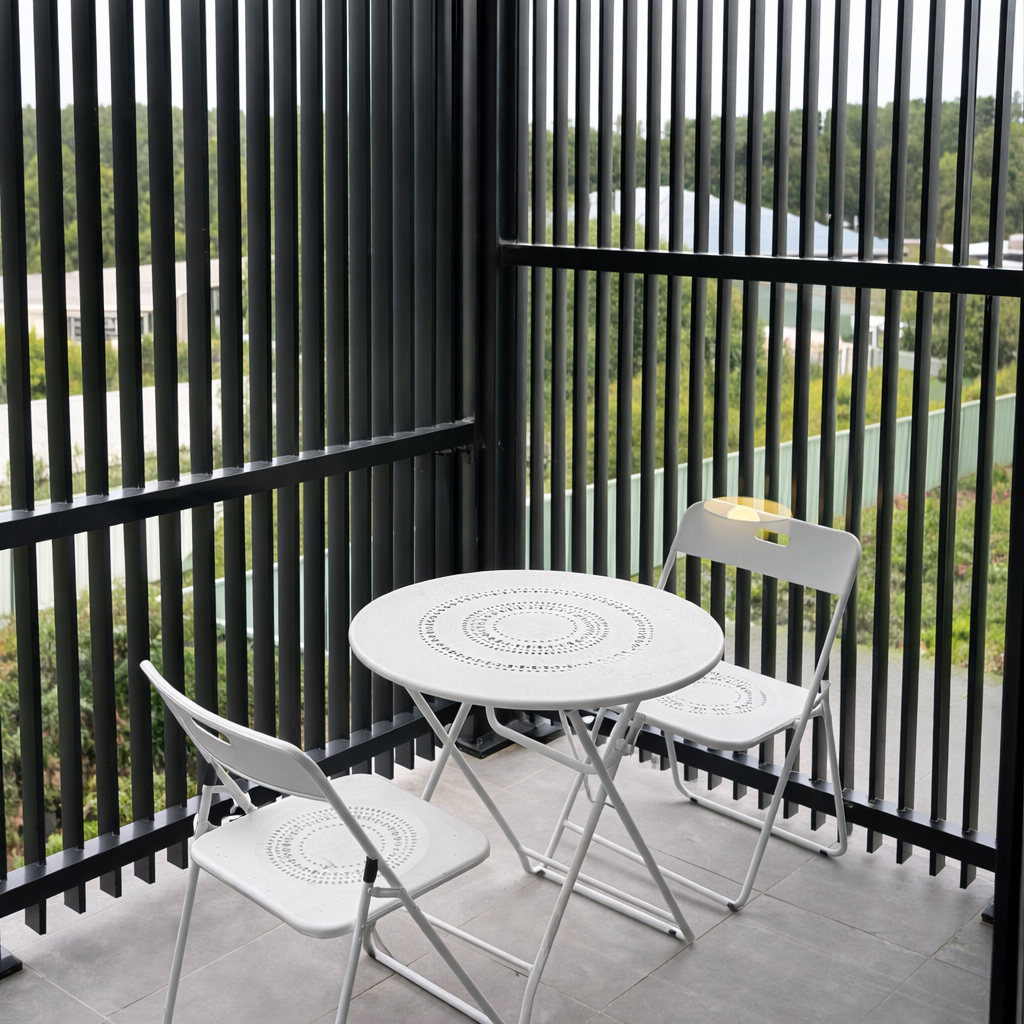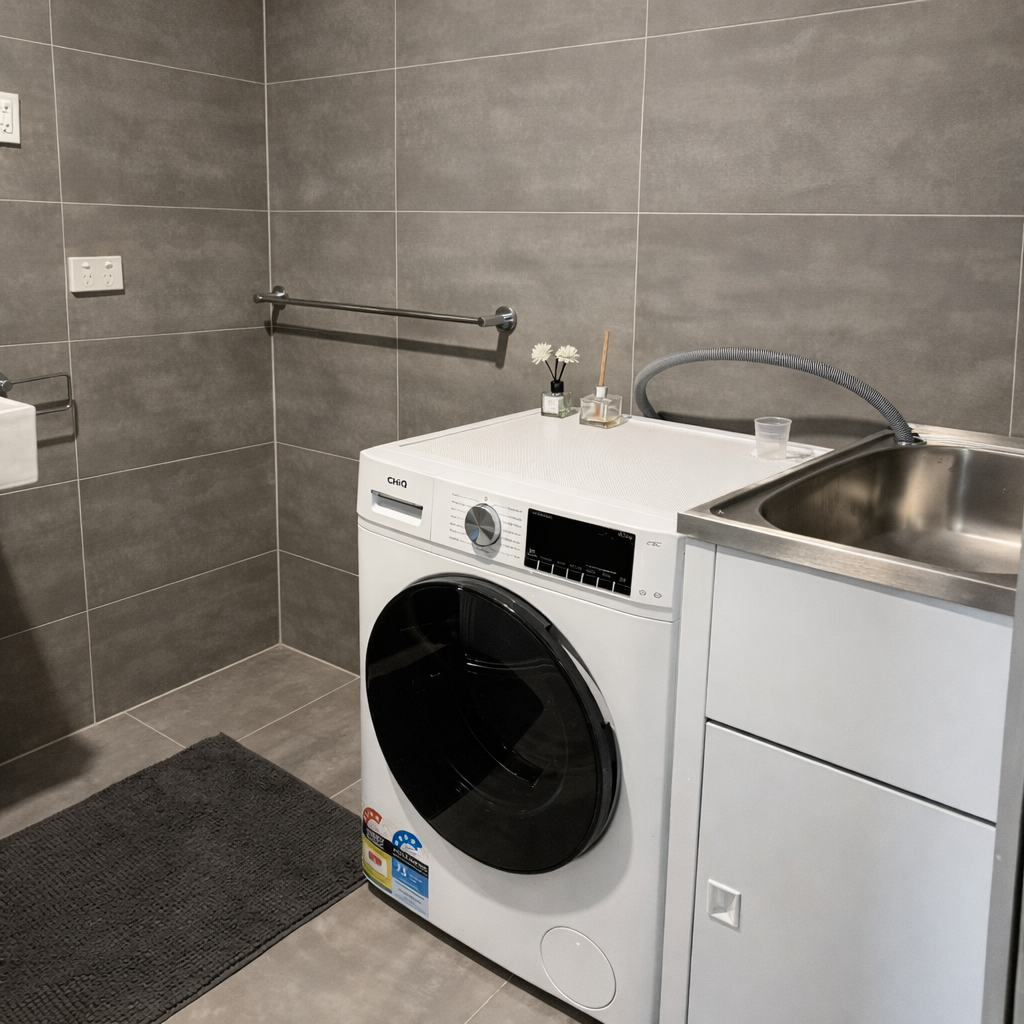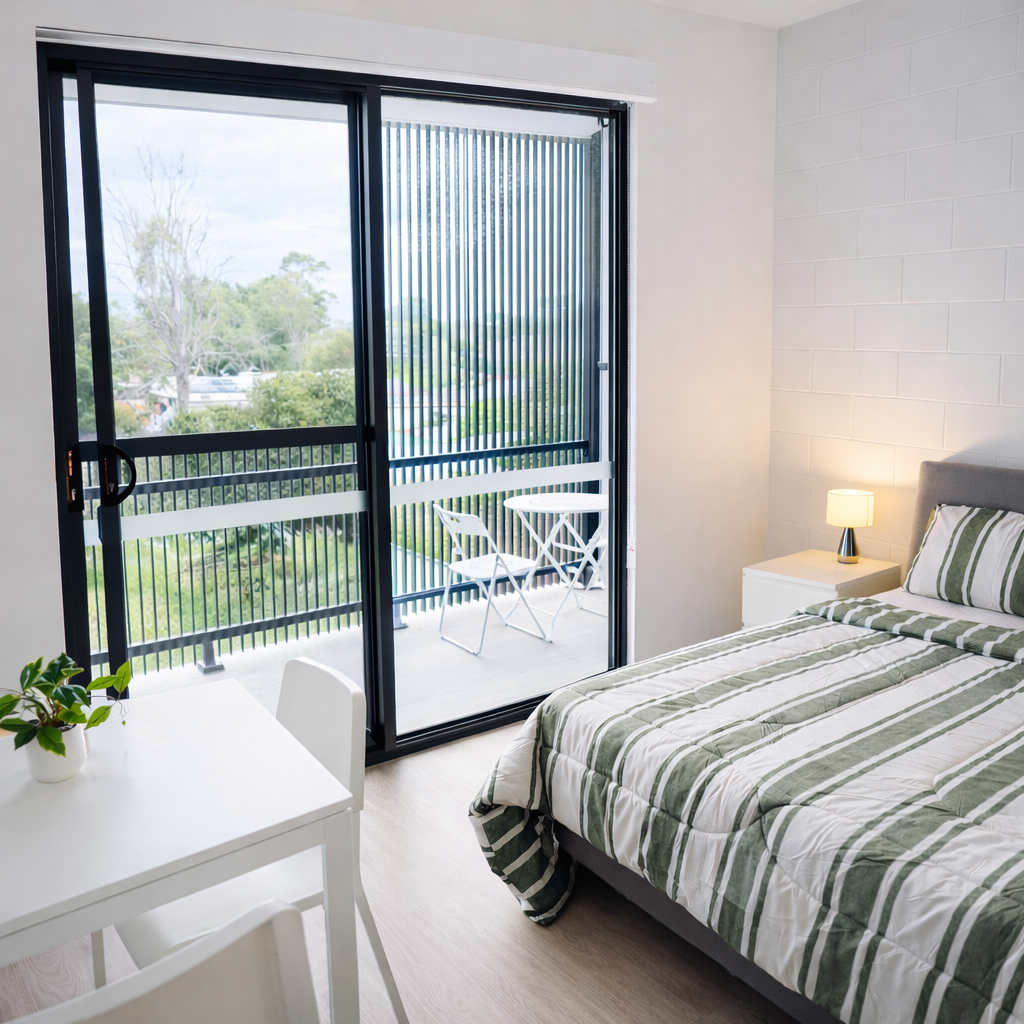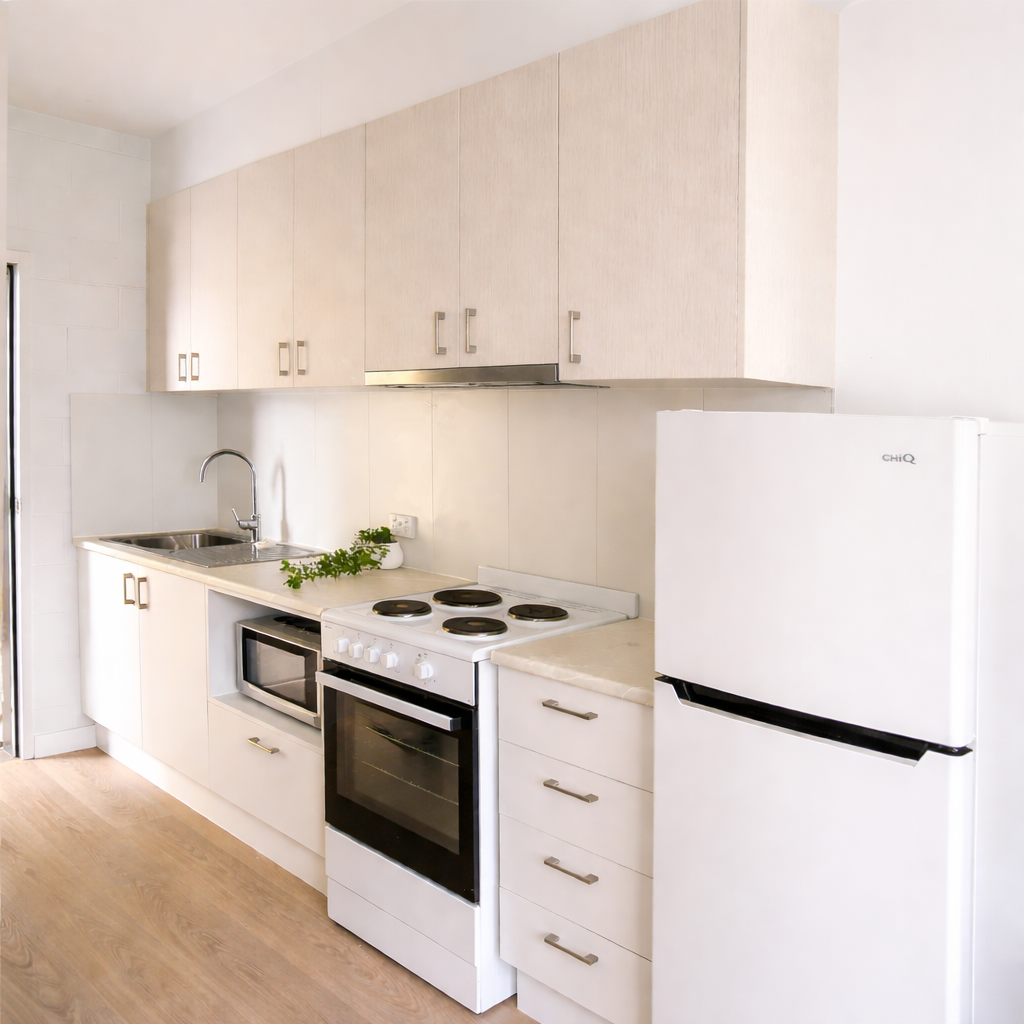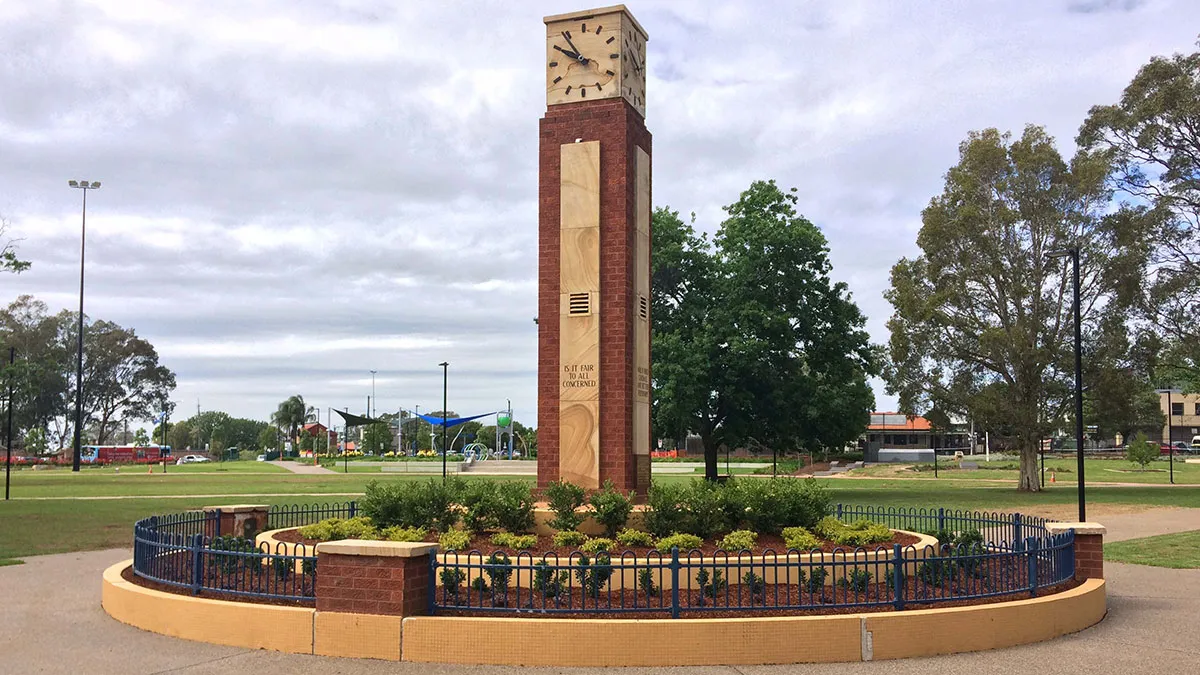NDIS Accommodation for People with Intellectual Disabilities
Your home, your way. Experience the freedom of independent living at our homes tailored for people living with intellectual disabilities. Choose your ideal location and be part of a supportive community environment, committed to helping you live the life you want.
Vacancies
No result found!
Accommodation for People with Intellectual Disabilities
Supported Independent Living (SIL) Accommodation
Supported Independent Living (SIL) is a type of NDIS support for anyone living with intellectual disabilities who needs help or supervision with daily tasks. The aim is always to set you up to live as independently as possible. SIL accommodation is not just about physical housing but includes person-centred supports that focus on developing your skills and independence.
The Benefits of SIL for People with Intellectual Disabilities
SIL is particularly beneficial for people living with significant intellectual disabilities. It ensures you receive continuous support tailored to your needs, ranging from basic household tasks to more tricky needs like personal care and medication management.
SIL helps create a structured environment where you can thrive from day one, while gaining more and more independence over time.
Services included in SIL
Supported Independent Living (SIL) focuses on providing assistance and supervision so you can live as independently as possible. Here’s a list of day-to-day services included in SIL:
- Assistance with Daily Living Tasks
Support with everyday tasks such as dressing, grooming, and maintaining personal hygiene. - Cooking and Meal Preparation
Help with planning meals, grocery shopping, cooking, and dietary management. - Cleaning and Household Maintenance
Assistance with cleaning tasks like washing dishes, laundry, vacuuming, and other housekeeping. - Medication Management
Support with managing and administering medication, including reminders and assistance in taking the right dosage at the right time. - Financial Management Support
Help with managing finances, including budgeting and paying bills.
- Skill Development
Programs are designed to enhance abilities in areas such as communication, social skills, and using public transport. - Behavior Support
Assistance in managing challenging behaviors through positive behavior support strategies and interventions. - Social and Community Participation
Support in engaging with community activities, attending appointments, and maintaining social connections. - 24-Hour Support
Depending on your needs, round-the-clock care may be provided to ensure safety and well-being at all times.
SDA Accommodation
The NDIS also offers Specialist Disability Accommodation (SDA). SDA refers to housing designed for people who require specialist housing solutions due to extreme functional impairment or high support needs.
SDA is designed to provide safe and adaptive environments that cater to the specific needs of residents living with significant intellectual disabilities.
The Benefits of SDA for People with Intellectual Disabilities
Do you dream of a space that's perfectly designed for you? SDA offers homes with features like wider doorways and custom showers, making everything easier and more comfortable. You might also have nifty tech that you can control with your voice or a tap, and plenty of private space for when you need some quiet “me” time.
By living in SDA, you are supported in a setting that maximises your independence while ensuring your safety and well-being.
The Benefits of SDA for People with Intellectual Disabilities
Specialist Disability Accommodation (SDA) is designed to provide physical environments tailored to meet high support needs. Here’s a list of common services and housing features included in SDA:
- Customised Living Spaces
Homes are designed with wider doorways, ramps, and accessible bathrooms to accommodate mobility aids and ensure easy navigation. - Emergency Call Systems
Integrated emergency assistance technology, such as call buttons or sensors, ensure help is available when needed. - Assistive Technology Ready
Homes are equipped to support the use of various assistive technologies that improve independence, like automated lighting, voice-activated devices, and environmental control systems. - Specialised Fixture and Fittings
Installations such as hoists, adjustable kitchen benches, and specialised bathroom fittings are included to assist in daily tasks. - Safety Features
Safety modifications like secure windows, doors with safety locks, and non-slip floors can prevent accidents.
- Private Spaces
Designated personal areas are included to respect your need for privacy. - Community Spaces
Common areas for social interaction and activities ensure your SDA experience is friendly and fun. - On-site Support
Depending on the SDA design category, on-site overnight assistance to respond to any immediate care needs. - Location and Accessibility
SDA is often strategically located near essential services such as public transport, community centres, cafes and shops.
Like SIL, SDA services are designed to cater specifically to your needs, promoting independence, safety, and a strong sense of community.
Short Term Accommodation (Respite)
Short Term Accommodation (STA), including respite care, offers you and your carer temporary accommodation and support. It allows carers to take a break for various reasons – ranging from personal time to handling family emergencies – safe in the knowledge that their loved ones are in a supportive environment.
The Benefits of STA for People with Intellectual Disabilities
STA offers you a change of scenery and a chance to interact with different people, which can be refreshing and stimulating. For your carer, it's a vital support system that helps maintain their health and well-being, ensuring they can continue to provide effective care long-term.
- Change of Environment
STA provides a refreshing change of scenery, which can be stimulating and rejuvenating for people living with intellectual disabilities. It allows you to experience different settings, meet new people, and get involved in different activities that might not be part of your daily routine. - Social Interaction
In respite care, people have opportunities to socialise with peers and staff, enhancing their social skills and reducing feelings of isolation. This interaction can help you develop communication skills and build a wider social network. - Continued Care and Support
STA ensures that people continue to receive professional care and support while their regular caregivers are away. This includes assistance with daily living activities, medication management, and any specialised support you might require. - Relief for Caregivers
Respite care is essential for caregivers, providing them with a much-needed break to rest and recharge. Caregiving can be physically and emotionally demanding, and breaks are vital to maintain the caregiver’s health, which in turn benefits the quality of care they can provide. - Promotion of Independence
Short-term stays in different environments can help people with intellectual disabilities develop greater independence. It encourages you to adapt to new surroundings and routines, which can enhance your ability to adjust to change and increase your self-reliance. - Flexible and Accessible Care
STA respite care is flexible; it can be planned ahead or arranged at short notice to cover emergency situations. This flexibility ensures your family and caregivers can manage unexpected events or commitments without disrupting the support you receive.
Medium Term Accommodation
Medium Term Accommodation (MTA) is designed for people living with intellectual disabilities who need temporary transitional housing. This accommodation type is often used when you find yourself in between long-term arrangements, such as waiting for home modifications or permanent SDA housing to become available.
The Benefits of MTA for People with Intellectual Disabilities
This option ensures you a safe, supported, and comfortable place to live while waiting for your permanent home. Offering tailored services, it provides continuity of support, ensuring that your lifestyle and daily routines are not disrupted during any transitional periods.
Accessing NDIS Accommodation
To access NDIS accommodation options like SIL or SDA, you’ll first need to have an NDIS plan. This plan outlines the supports funded by the NDIS and how they can be used. It's essential to discuss your housing needs during your NDIS planning meeting to ensure that accommodation is included in your plan.
Accommodation Considerations
When considering your accommodation options, consider the level of support needed, the proximity of the accommodation to family and local amenities, accessibility, and personal preferences about the type of environment you’ll eventually live in. The pricing for each accommodation type under the NDIS is regulated and varies depending on the support levels and location.
Frequently Asked Questions
The NDIS understands that living with an intellectual disability can present challenges with daily tasks, social interaction, or maintaining emotional stability. That's why the NDIS offers a variety of support options specifically designed to empower you to live independently in a safe and comfortable environment.
These options include Supported Independent Living (SIL), Specialist Disability Accommodation (SDA), Short Term Accommodation (STA), and Medium Term Accommodation (MTA).
Supported Independent Living (SIL) provides in-home support tailored to your specific needs. This means you get to live in your own space, but with a helping hand to manage daily tasks like cooking, cleaning, and medication management.
SIL is a good option if you:
- Dream of having your own space but need a hand with daily tasks.
- Experience challenges with managing finances or maintaining a routine.
- Want to develop skills for independent living.
This is where Specialist Disability Accommodation (SDA) comes in. SDA is designed for people who require modifications to their living environment. Imagine a home that's fully accessible, with features like wider doorways, grab bars in the bathroom, lowered kitchen benches, and visual alarms. These modifications can make a world of difference for people with intellectual disabilities who may also have mobility or sensory processing challenges.
There are four levels of modification in SDA homes:
- Improved Liveability: This offers basic accessibility features like wider doorways and grab bars, making your home slightly easier to navigate.
- Fully Accessible: This level removes most physical barriers with wider doorways, ramps, accessible showers, and features that cater to a wider range of mobility needs.
- Robust: Designed for high wear and tear, this includes reinforced surfaces, fixtures, and potential for future modifications to suit changing needs.
- High Physical Support (HPS): This features all of the above with additional elements like ceiling hoists, assistive technology integration, and emergency power solutions for those requiring the most extensive support for daily living.
The level of modification you need will depend on the nature of your disability. Some people may manage well with minor adjustments, while others may require a fully equipped and supported environment.
Yes, the NDIS offers Short Term Accommodation (STA) for temporary stays. Whether you're experiencing a temporary crisis, need time to focus on your recovery from a challenging period, or simply want a change of scenery, STA provides a supportive environment. This could be a weekend getaway or a longer period of respite care, depending on your personal needs.
If you're waiting for permanent housing to become available or for home modifications to be completed on your current residence, Medium Term Accommodation (MTA) bridges the gap. It offers a temporary living solution with continued support services to ensure a smooth transition.
Here's why MTA might be a good option for you:
- Seamless Transitions: MTA provides a safe and supportive environment while you wait for your permanent home. This minimises disruption to your daily routines and ensures continued access to essential support services.
- Tailored Support: Just like other NDIS accommodation options, MTA offers personalised support plans that cater to your specific needs. This ensures you feel comfortable and empowered throughout your temporary stay.
- Continuity of Care: Moving can be stressful, especially when managing an intellectual disability. MTA bridges the gap by ensuring you receive uninterrupted care and support during the transitional period.
The NDIS application process can be complex. United for Care has a team of NDIS specialists who can guide you through every step. We can help you understand your accommodation options, gather necessary documentation for your NDIS assessment, and advocate for the support you deserve. Don't hesitate to reach out to our team for assistance.
If you’re new to the NDIS or considering an accommodation change, United for Care can help. Our industry expertise and deep understanding of living with intellectual disabilities make us a reliable choice for your accommodation needs. With our Vertical Villages, we don’t just offer you a roof over your head, we give you a place to call home.
We believe in creating a supportive, inclusive environment where you’re empowered to live your best life, giving you the perfect blend of support and freedom. We’ll make sure your accommodation and support are built around your amazing personality and what makes you, you!









.webp)
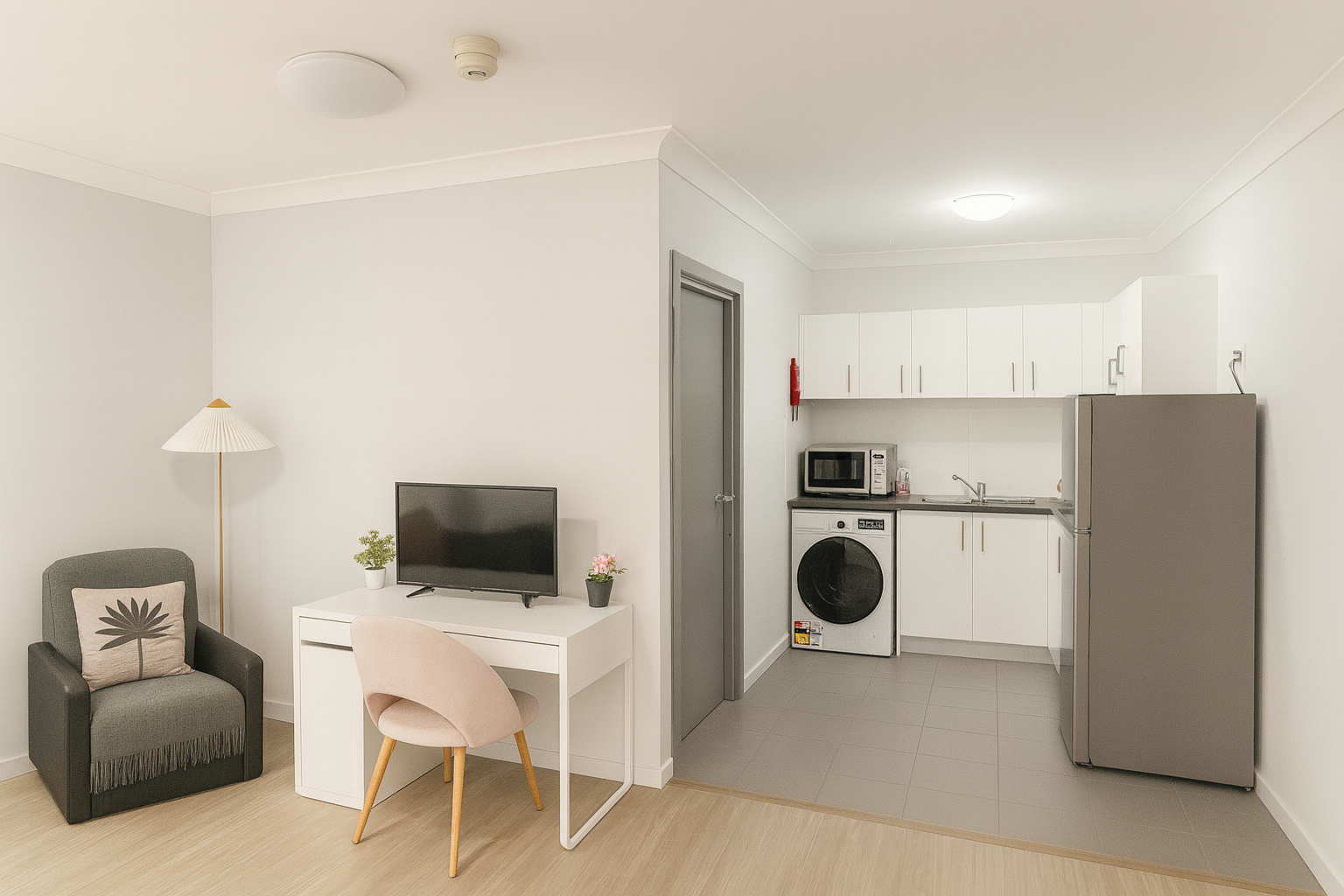
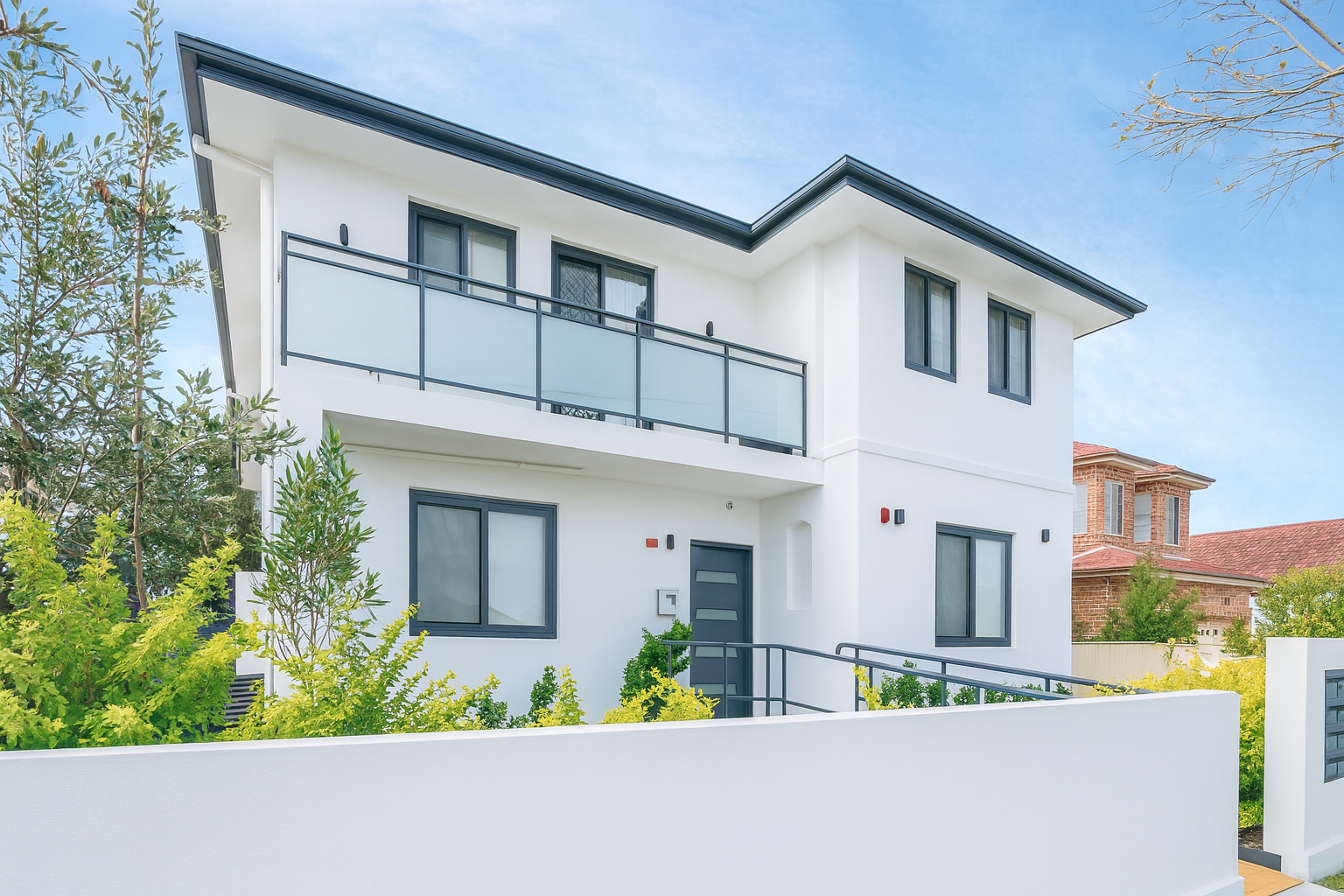
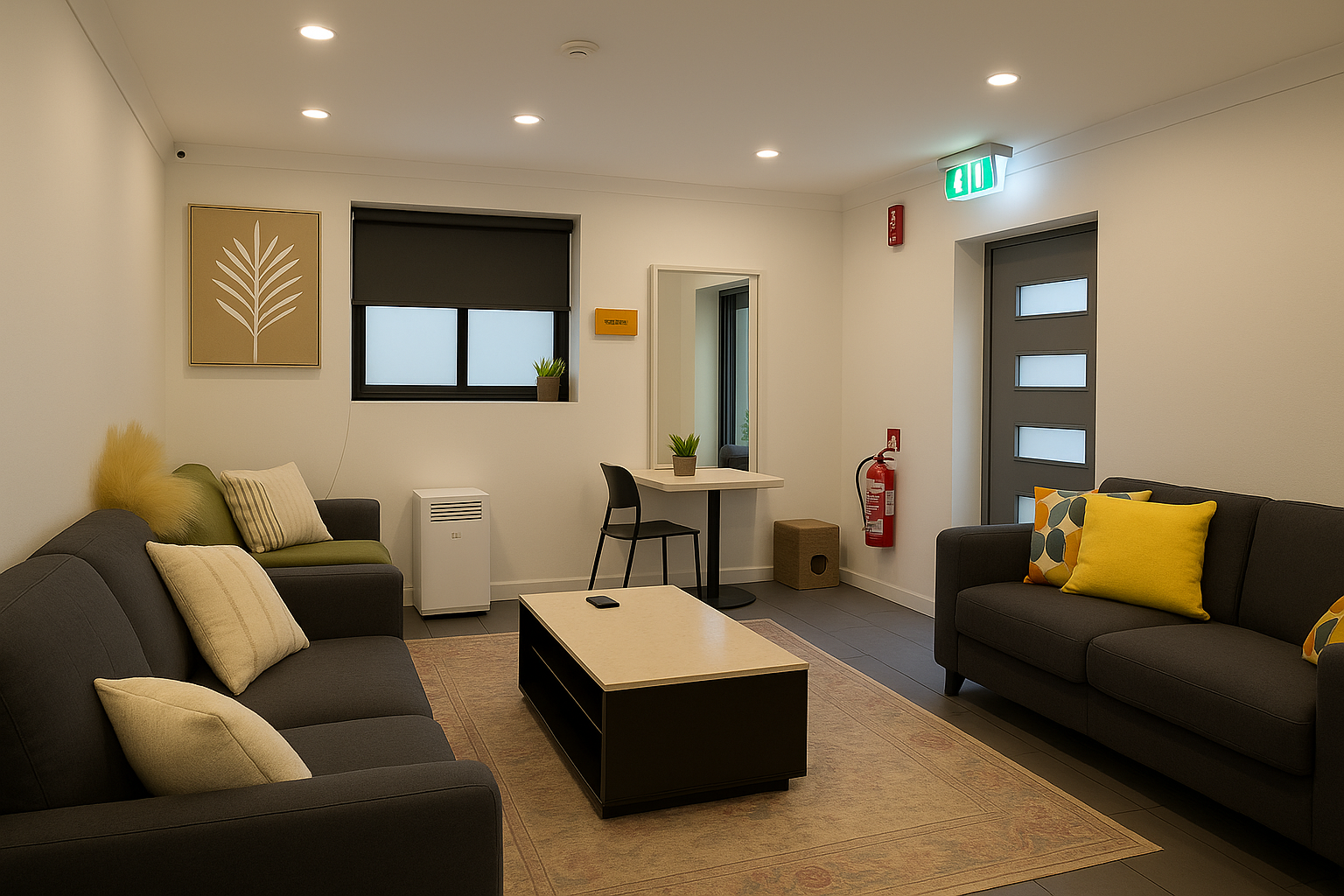
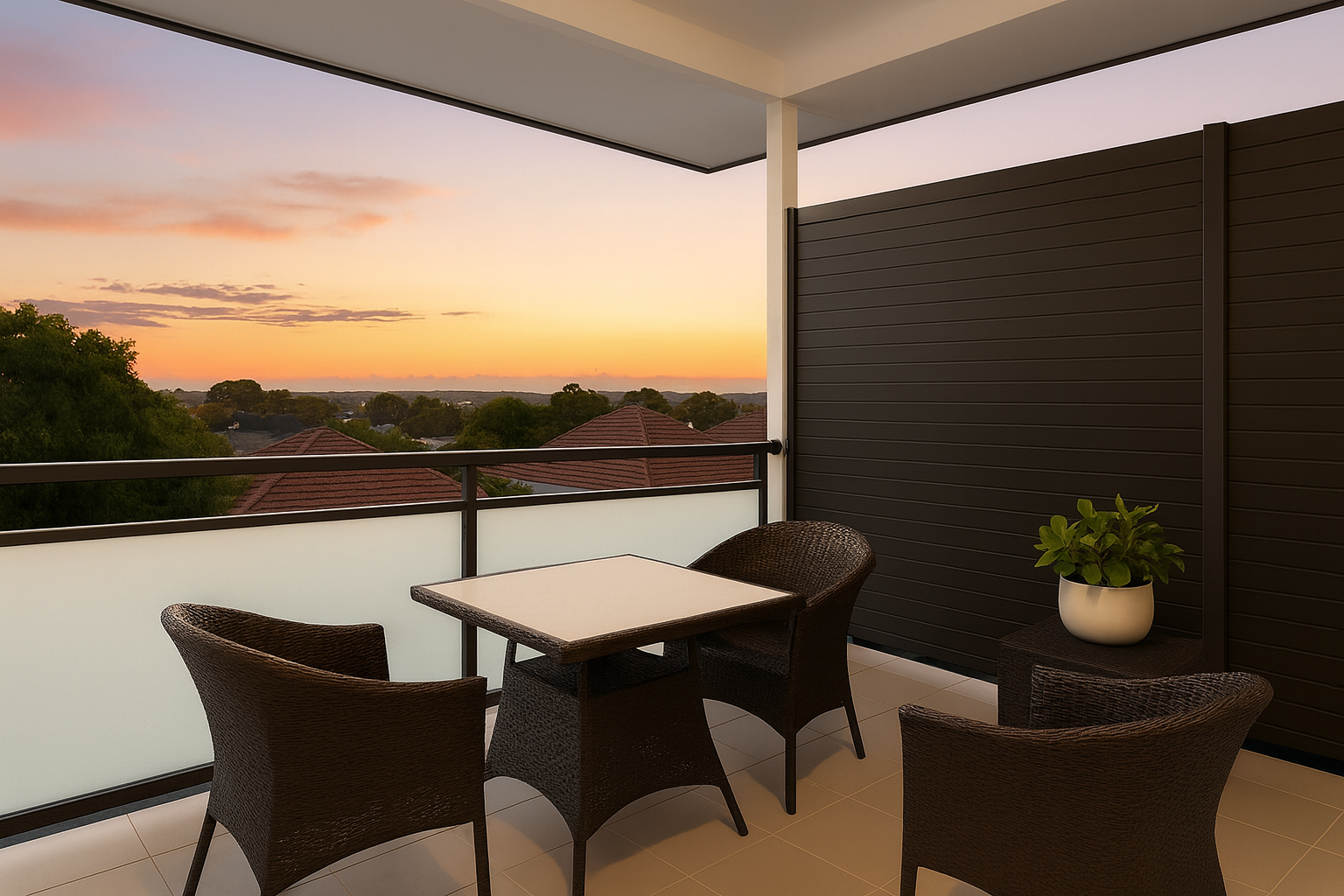







.webp)

.webp)















